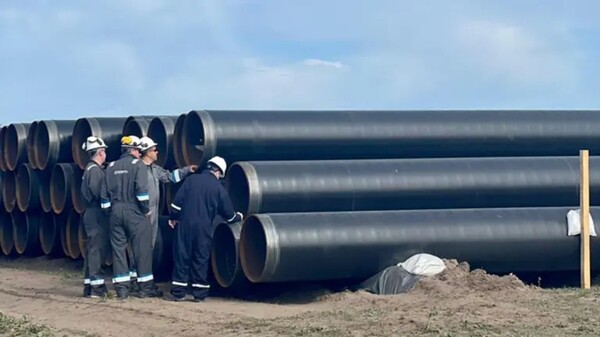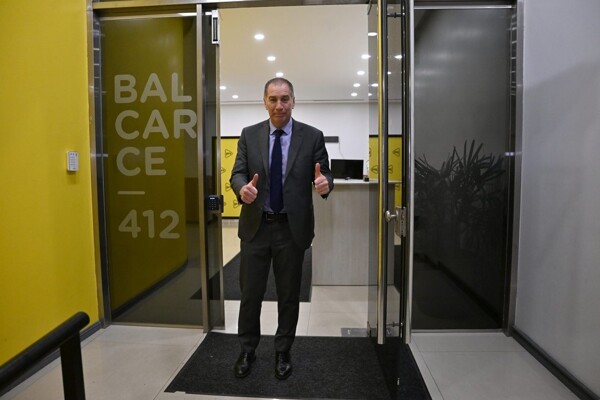
On Tuesday, a massive march began in the City of Buenos Aires towards the Ministry of Deregulation and Transformation of the State, where protesters condemned the government's cuts and layoffs, demanding salary increases. The protest took place in a climate of peace and legality, and criticism was directed at the UTA for not joining the call.
In the Metropolitan Area of Buenos Aires, the strike was felt strongly, affecting the circulation of trains and subways, while buses only ran. Social movements organized a day of struggle with more than 500 popular kitchens and protests throughout the country, in coordination with various organizations.
Different unions and movements joined the strike in solidarity with the demands of the protest, such as the education sector represented by CONADU Histórica. Additionally, government workers from ATE staged a 36-hour strike, supported by other unions and social movements in a national day of action.
Union leaders highlighted the impact of the measure and expressed the need to continue fighting for an Argentina without poverty. The CTA-A and CTA-T joined the protest, along with more than 500 popular kitchens distributed across different points in the country. In Buenos Aires, Plaza Constitución was the epicenter of the protest.
In the afternoon, the heads of the transport unions held a press conference where they celebrated the high turnout for the strike and criticized the attacks from President Javier Milei on workers and unions. The protest was massive and spread throughout the country, affecting various points with traffic blockades and demonstrations demanding salary improvements and against the government’s austerity policies.
The strike had broad support from different labor and social sectors, and it is expected to be the first step of a broader plan of struggle in defense of workers' rights and against the government’s neoliberal policies.














